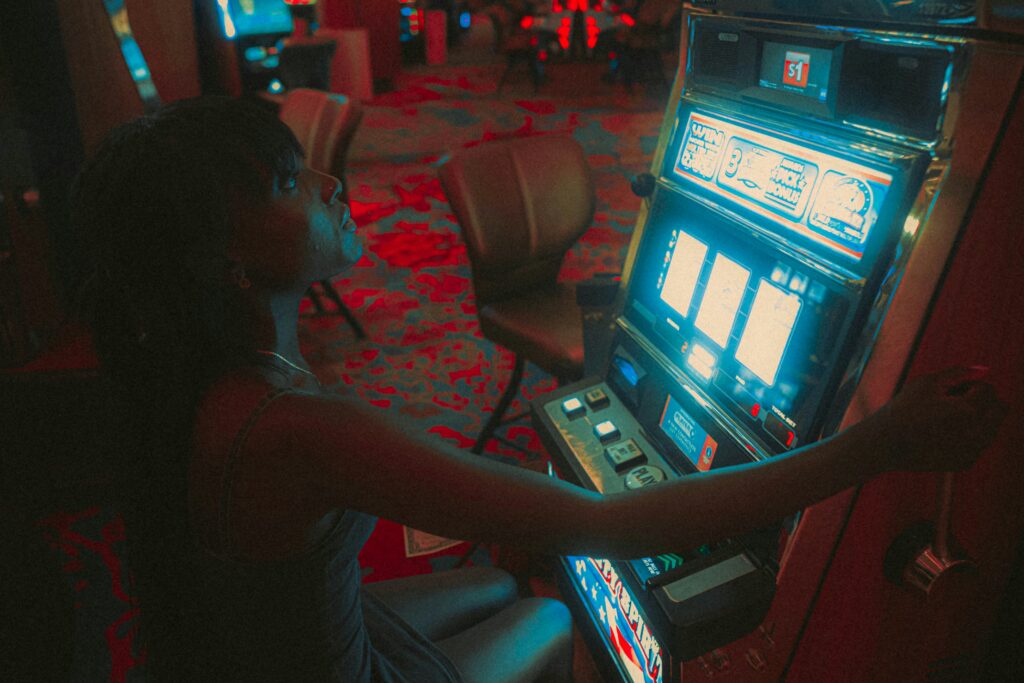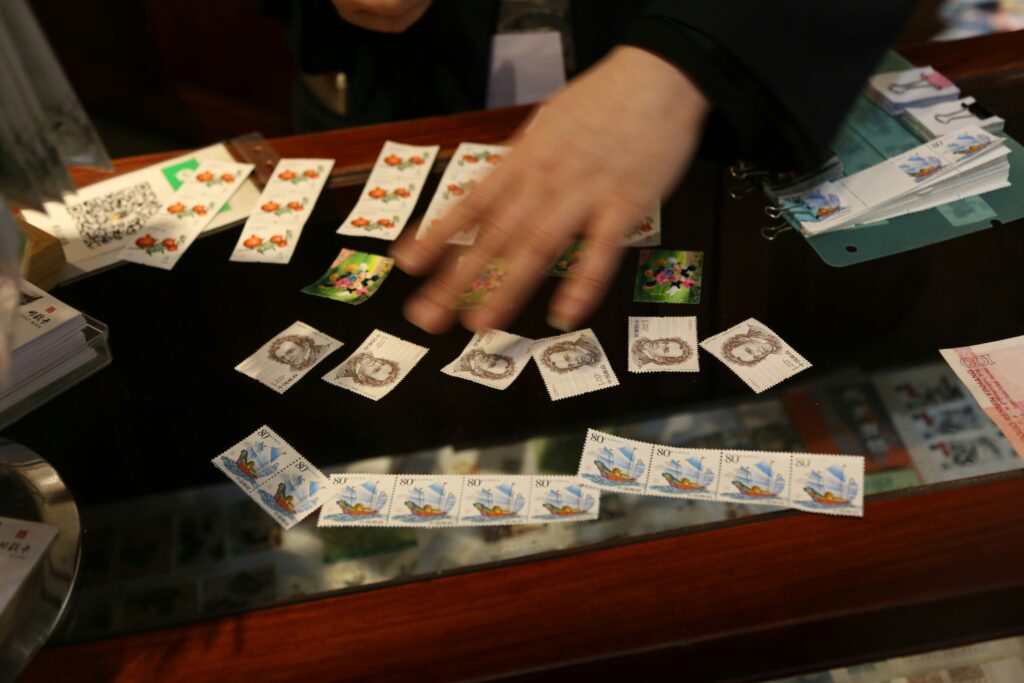Who Are VIP Gamblers, Really?
In the gambling world, “VIP” isn’t just a title—it’s a classification rooted in math, behavior, and money. At its core, a VIP gambler brings consistent, high-level value to a casino. That value can be raw: dropping tens of thousands in a single night. Or it can be steady: repeat visits, regular big wagers, and a predictable high yield over time. Casinos track both.
High rollers—the stereotype of a suit-and-tie player betting $50k per hand—still grab the headlines. But consistent big spenders are often more important to casinos. They’re reliable. They don’t just show up for the Super Bowl weekend—they come back every month, sometimes every week. Loyalty multiplies value.
Casinos use complex internal systems to classify these players. It’s not just about how much they spend, but also how often, how long they play, and even what games they stick to. Player tiers range from entry-level preferred guests to the ultra-elite—think private-jet, name-on-the-suite types. The higher the tier, the more attention and perks come with it.
So, while one defining factor is money, it’s behavior and consistency that often unlock the VIP door. Casinos don’t just want a big spender—they want a dependable one.
Inside the VIP Experience
Step into the world of VIP gambling, and the first thing that hits you is the silence. Not the absence of sound—but the hush of everything being taken care of. Doors open without needing keys. Drinks arrive without needing to ask. You’re not just a guest—you’re the main event.
VIP players don’t wait in lines. They walk into private suites with skyline views, penthouse lounges, and flawlessly tailored service. The room isn’t just comped—it’s curated. Think imported cigars, rare whiskey, maybe even that exact mattress from their Aspen home. Casinos don’t just offer perks, they offer familiarity dressed in opulence.
The events? Next level. Black-tie galas in Monaco, yacht-side tournaments in Macau, closed-door tables in Vegas where million-dollar hands are just the beginning. VIPs get access to private concerts, Super Bowl boxes, and fashion week runs—because where they show up matters as much as where they bet.
But what sets this experience apart is customization. These players aren’t just picking games off the floor. Bets are structured around their preferences. Want to play baccarat with alternate rules? You can. Prefer your private dealer to fly in from Singapore? Done. Whether it’s the tempo of the game or the table’s ambiance, everything can be dialed in. For a VIP, the stakes aren’t just high—they’re personal.
What Makes Casinos Roll Out the Red Carpet
Casinos don’t pamper VIPs because they’re generous—they do it because the math checks out. The lifetime value of a high-stakes gambler can reach into the millions. These guests don’t just gamble; they come back, spend heavily, bring entourages, and influence others to follow. A single whale’s presence on a casino floor can justify retooling the entire service protocol.
Behind the scenes, there’s more negotiation than you might expect. VIPs and casinos often work out private deals: custom credit lines, loss rebates, even flat hourly rates for table losses. Spending thresholds aren’t just known—they’re tracked religiously. A player betting six figures a hand may get a penthouse suite and access to luxury travel perks without ever asking.
Loyalty programs look different at this level. The standard point-per-dollar model doesn’t cut it. Instead, ultra-wealthy players enter invitation-only tiers. These programs scale into concierge services, private jets, gifts like luxury watches or rare wines, and even personal handlers who stay on-call. For the casinos, it’s not marketing—it’s investment in retention.
When a VIP walks through the door, the casino doesn’t just see money. It sees a long-term asset that needs to be nurtured, shielded, and kept coming back. That’s the economics of exclusivity.
Playing Smart: VIPs and Strategy
At the highest levels of gambling, it’s not just about instinct or luck—it’s systems, discipline, and cold math. VIPs playing six or seven figures can’t afford to wing it. Many approach their sessions the way hedge funds manage portfolios: built on probability, risk tolerance, and long-term edge.
Slots? Not usually. They’re unpredictable and offer too little control. VIPs tend to gravitate toward games with known odds and more strategic footing—think baccarat, poker, blackjack, or high-stakes sports betting. These games let pros lean on pattern recognition or flexible betting structures. In short, they allow for real decisions.
And some VIPs take it even further. Behind closed doors, the smartest players are backed by data teams. These aren’t fantasy football guys—they’re analysts crunching probabilities, identifying streak patterns, and tracking table flow. Others employ bankroll managers or mental coaches. It’s a business model masquerading as entertainment.
The real edge? Knowing when to walk. Managing risk means knowing that a loss doesn’t define your night—and that chasing can destroy even the deepest bankroll. VIPs who last aren’t thrill-chasers. They’re disciplined architects of controlled risk.
The Global VIP Hotspots
Las Vegas, Macau, and Monte Carlo are still the names that come up first when you talk about VIP gambling. They’ve earned it. Vegas delivers flash and scale, the sense that anything is possible. Macau is where Asia’s high rollers go to bet big, often backed by junkets, rituals, and serious money. Monte Carlo caters to old money and old rules—elegant rooms, heritage, suits at the tables.
But none of these places are staying static. Vegas has leaned harder into exclusive experiences—rooftop suites, invite-only poker rooms, private chefs. Macau is trying to clean up its image post-COVID and crackdown on junket operators. Monte Carlo, still timeless, is subtly adapting with tech-forward hospitality and curated luxury.
Cultural treatment of VIPs also varies. In Asia, relationships and honor run deep—hosts may manage one player’s account for years. In the U.S., it’s more transactional: spend big, get perks. Europe? It’s slower, more refined, with less emphasis on high-volume turnover and more on the total experience.
Meanwhile, a new wave of destinations is rising. Singapore has gone from curious outsider to high-end, high-security haven, mixing modern architecture and tight financial controls. South Korea’s VIP offerings are growing quietly, mostly for locals and select overseas guests. And Eastern Europe—especially places like Montenegro and Georgia—is tapping into the market with luxury resorts, low restrictions, and VIP-focused development plans.
The map is changing. The game remains the same: cater to the 1% of gamblers who bring in the lion’s share of revenue, and do it with just enough flash—and just enough discretion.
The Darker Side of VIP Gambling
The glitz of VIP gambling hides shadows that are getting harder to ignore. As money flows in larger amounts and more private channels, the risk for money laundering increases. Regulatory bodies across jurisdictions are waking up. Casinos once turned a blind eye to the source of funds—now, scrutiny is higher, and paper trails matter. Some high rollers have found themselves not just locked out of the penthouse suite, but under federal investigation.
At the same time, problem gambling among VIPs is a real issue—and often overlooked. These aren’t the average players feeding coins into slot machines. These are individuals betting millions in a night, sometimes across multiple games, currencies, and jurisdictions. The adrenaline is addictive. For some, the access and luxury becomes harder to walk away from than the wins themselves.
Governments are responding. Know-Your-Customer (KYC) protocols are tightening. Anti-Money Laundering (AML) regulations are extending beyond banks and into casinos. In regions like Australia and the UK, high-profile inquiries have already reshaped how VIP programs are run. The myth that wealthy gamblers are immune to oversight is crumbling.
The new reality? VIP status may still get you comps and courtesy, but it no longer guarantees invisibility. The house is watching—and now, so is the law.
Closing Thoughts: It’s Not Just About Money
For most people, gambling is about winning—or at least the chance of it. For VIPs, it’s deeper. It’s about identity. The minute you cross into that upper tier, you’re no longer a player; you’re a persona. One whose presence turns heads, whose calls get picked up, and whose preferences shape the room. The game becomes secondary to the status it confirms.
There’s undeniable thrill in this world. Not just in high-stakes hands, but in knowing you’re one of a handful who get flown in on a jet, greeted by name, handed a key to a penthouse, and told the chef is waiting. It’s a curated experience—intimate, expensive, and engineered around your whims. Access, not just winnings, is the real trophy here.
Strip away the baccarat tables and cigar smoke, and what’s left is a mirror reflecting how luxury and risk intertwine. VIP gambling has always been about more than playing to win—it’s a way to prove you belong to a world where losing a million can still earn you a standing ovation. That’s not just money. That’s power, and the audacity to chase it.
For more in-depth gambling insights, visit: Gamble Hub Zone


